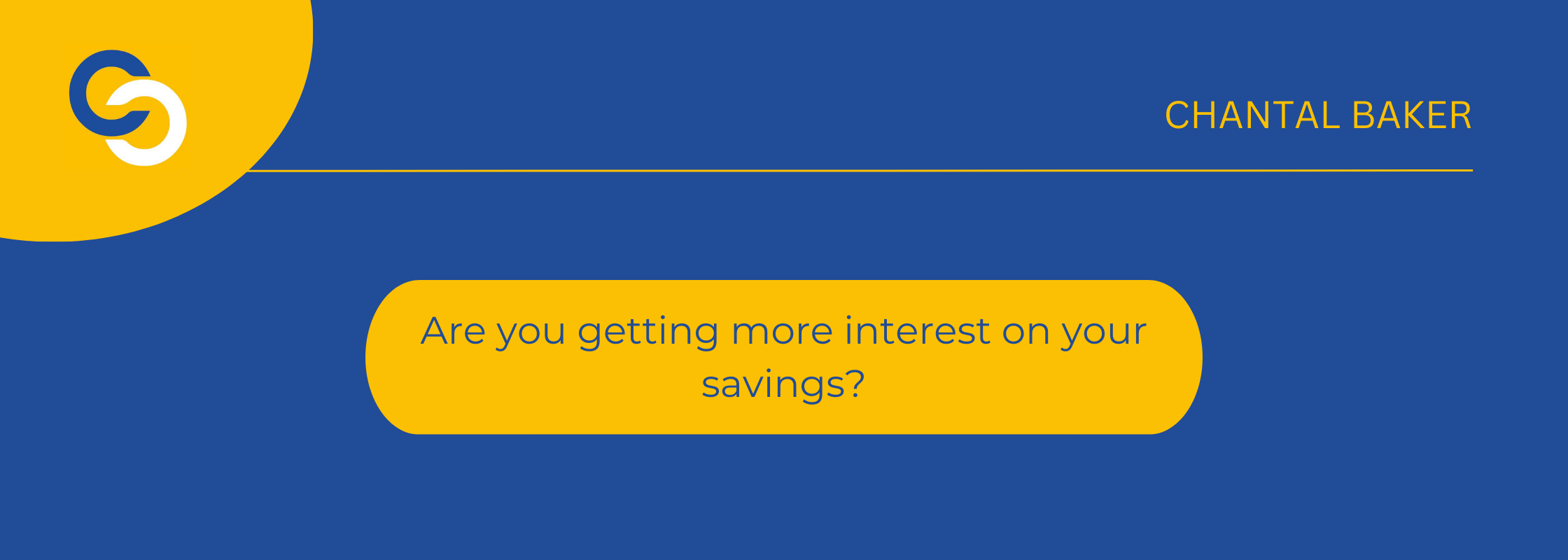
Unless you have been living in a cave, I am sure you know that interest rates have risen yet again (in August). For those with a variable mortgage this is bad news, but for those with savings it is great news to hear.
If you are one of those who is glad interest rates are going up, this article is for you.
As an individual we may need to pay income tax on the interest received on our savings that are not in an ISA. Any interest earned in an ISA is tax exempt.
Many years ago, we received our interest net of tax deducted, however interest is now received gross and we are responsible for our own tax on interest received.
However, there are some tax-free allowances for interest received. The personal savings allowances at 0% tax are as follows:
- £1,000 – if you are a basic rate taxpayer
- £500 – if you are a higher rate taxpayer
- £0 – if you are an additional rate taxpayer
If you earn interest over these thresholds, it is your duty to inform HMRC and pay the tax on this interest. If the interest is earned in a bank account, the bank will usually inform HMRC of the interest earned and they usually contact you for any unpaid tax. However, you MUST NOT rely on HMRC to contact you.
There are a few ways that you can reduce your tax liability on the interest you receive and still earn interest! Here are a few.
Maximise your ISA allowance
Ensure you have used your ISA allowance and remember you have different ISA options available to you.
Invest in premium bonds
Investing in premium bonds means that your winnings are exactly that. They are not treated as interest and are treated as winnings. Therefore, this is not taxable income.
Use spouse’s allowances
If your money is all tied up in a bank account in one person’s name, consider sharing it out with your spouse as they have their own allowance too. You cannot use the allowance of your children for bank interest as this is then deemed as your interest.
Pay your self-assessment bill early
If you have a self-assessment bill to pay by the end of January 2024, you may want to pay it early. HMRC will pay you interest on the amount you have paid to them and this interest is NOT taxable income to you. HMRC will actually give you TAX-FREE income. From 22.08.2023, HMRC will pay you 4.25% interest on overpaid income tax.
Remember that the taxable interest you earn is added to your total income. You need to consider the interest you receive in deciding whether you need to pay back any of your child benefits.
The increase in interest rate for savers can have huge consequences so make sure you plan your sources of income in order to minimise your tax liability.
Please always seek professional advice before taking any action. We are happy to answer questions in future issues. Please send your questions through the contact us page on our website: www.champconsultants.co.uk
You can also find me on TikTok as ‘business_finance_mentor’
Please do follow us on the various social media channels.
